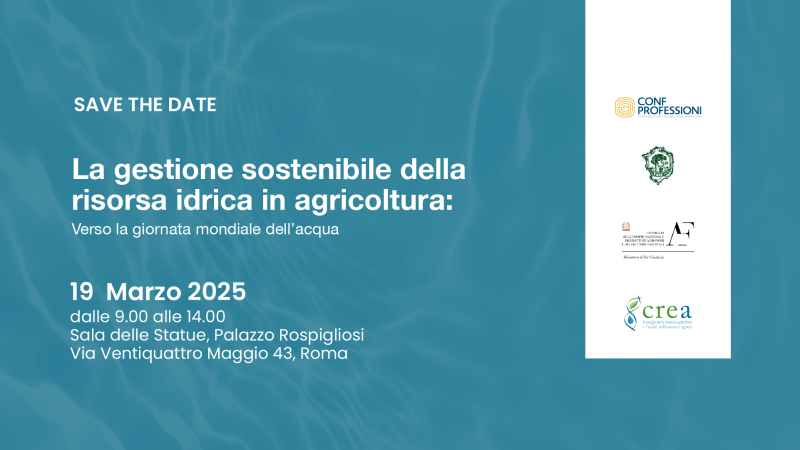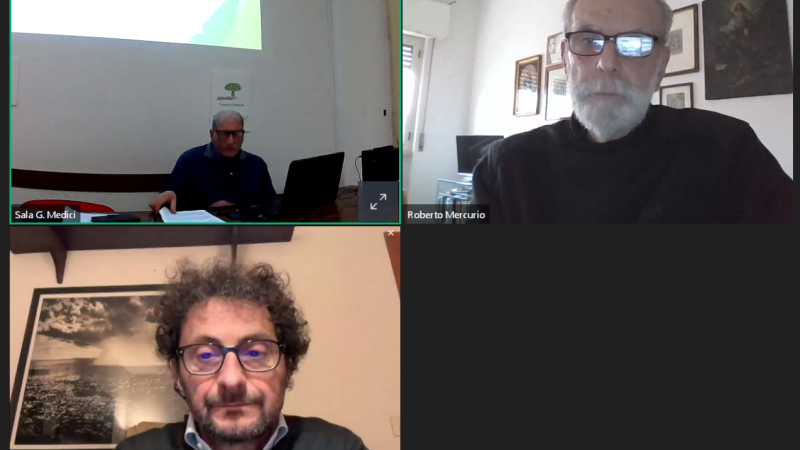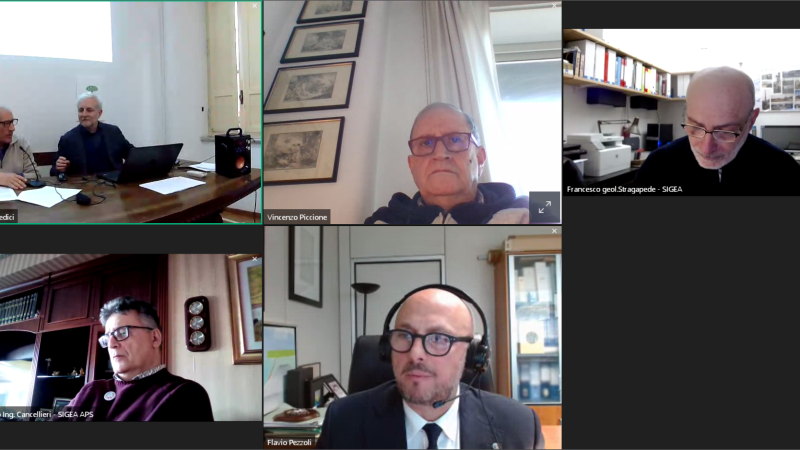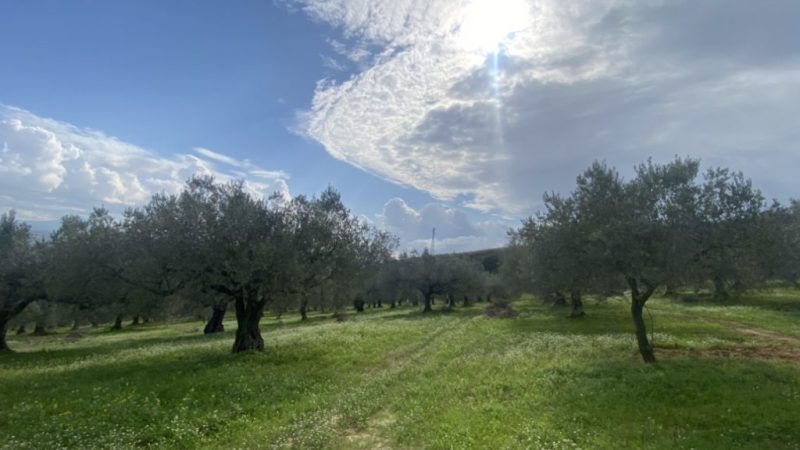Ridolfi was involved in the Academy during the most important decades of the 19th century, when the great events that changed the history of our country took place. He was an authoritative and constant role model, not only more specifically in agronomics (where he was a great innovator), but also in the social, civil and political arenas.
His life was totally dedicated to improving agriculture and agrarian practices. A born educator, he never separated life from experience and education and he fully embodied the spirit of the motto “Prosperitati Publicae Augendae” of the Georgofili Academy, the oldest in the world for agricultural studies.
In his last work, completed only shortly before his death (An Essay on Agrology ), he condensed in the following statement his lifelong commitment to make practical theory and practice the tool for arriving at general principles
Knowledge is like the circles made by a stone thrown in the middle of the lake.
They start from a centre and expand to the periphery,
but they become ever weaker as they move further away
A book will shed some light all around, but it can hardly reduce
the darkness of ignorance, especially in the countryside
if it is not assisted by practical examples, concrete applications of what is to be taught.
Therefore agricultural schools, model farms, agrarian institutes do the most good …
They combine experience and practice with rules and theory
Thanks to Ridolfi, who was convinced that only significant educational endeavor would increase a people’s level of “civilization”, the scuole di reciproco insegnamento , or schools of mutual teaching, first opened in Florence in 1819. Their aim was to teach “reading, writing, and arithmetic” to large numbers of children, craftsmen and soldiers. Also owed to him is the concept and the creation, in 1834, of an experimental agricultural school in Meleto, the Istituto Teorico-Pratico (also attended by Ridolfi’s children) where, besides the “art of good farming” and of the proper product handling and storage, the attention was given to economic and administrative management, with the responsibility for these tasks entrusted to the landowner and his bailiff.
Ridolfi was responsible for the splendid inaugural lecture at the opening of the Istituto Agrario Pisano (1843), willed by Grand Duke Leopold II and entrusted to Ridolfi himself. Lastly, there were his “oral lessons on agriculture”, given at fifty Sunday meetings between 19 April 1857 and 31 October 1858, to train farmers in the Empoli area after completing his work in Pisa.
The 150th anniversary of his death has led the writers to ponder the value of this learned man, father, educator, and scientist who put public welfare before his private interests and in so doing honored the Georgofili Academy whose work has always been associated with the “public happiness” of society.
Campagna Francese, Giovanni Costa detto Nino






